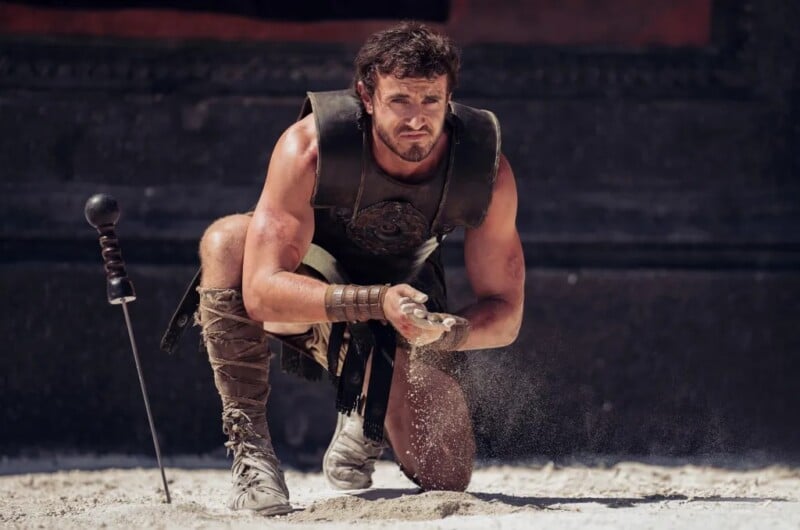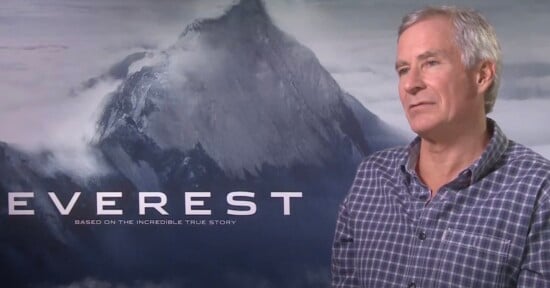‘Gladiator II’ Cinematographer Accuses Ridley Scott of Being a ‘Really Lazy’ Filmmaker

The Gladiator II cinematographer has accused the movie’s director Ridley Scott of becoming “lazy” and adopting a “rush, rush, rush” approach to filmmaking.
John Mathieson has been a longtime collaborator of Scott and has served as cinematographer on several of his films, including Robin Hood, Hannibal, Gladiator, and its sequel.
However, in a recent interview on The DocFix Documentary Storytelling Podcast, the veteran cinematographer shared his concerns about Scott’s increasingly “rushed” filmmaking methods, describing him as less meticulous and more impatient on set.
Mathieson has voiced strong disapproval of Ridley Scott’s filming techniques on Gladiator II, describing them as “really lazy.”
The cinematographer pointed out that, unlike his earlier projects, Scott now frequently opts to use multiple cameras during filming. This approach, Mathieson argues, negatively impacts the cinematography since he “can only light from one angle.” According to Mathieson, Scott’s preference for this method stems from his desire to work more quickly.
“He is quite impatient so he likes to get as much as he can at once. It’s not very good for cinematography,” Mathieson tells the podcast.
In addition to the multi-camera setup, the cinematographer expressed frustration over Scott’s disregard for on-set clutter, Mathieson noted that Scott has increasingly leaned on CGI (computer-generated imagery) to manage elements that would traditionally be handled during filming.
From removing unwanted objects like microphones and cameras to fixing shadows and stray set pieces, CGI now plays a significant role in polishing the scenes.
“It’s really lazy… It’s the CG [computer graphics] elements now of tidying-up, leaving things in shot, cameras in shot, microphones in shot, bits of set hanging down, shadows from booms,” Mathieson explains. “And they just said, “‘Well, clean it up [in editing].’”
Reflecting on Scott’s earlier films, Mathieson remarked that they showcased a commitment to lighting and depth, which is no longer a priority with the current production style.
“Look at his older films and getting depth into things was very much part of lighting. You can’t do that with a lot of cameras but he just wants to get it all done. Having lots of cameras I don’t think has made the films any better…It’s a bit rush, rush, rush. That’s changed in him,” Mathieson says.
Mathieson compared the recent sequel to the original 2000 film Gladiator where there had been “just 50 effect shots” pointing out the number in Gladiator II would be “in the thousands.”
Image credits: Header photo by Aidan Monaghan/ 2024 Paramount Pictures.


